Tea tree oil, derived from the Melaleuca alternifolia tree, has long been recognized for its potent antimicrobial and anti-inflammatory properties. It has become a popular natural remedy for various skin conditions due to its ability to combat bacteria, fungi, and inflammation. In this article, we will explore the benefits of tea tree oil for skin health and discuss its applications in treating common skin conditions.
Acne Treatment
Tea tree oil has gained significant attention for its effectiveness in treating acne. Its antibacterial properties help eliminate the acne-causing bacteria, Propionibacterium acnes, while reducing inflammation and redness. Follow these steps for using tea tree oil to address acne:
- Dilute the oil: Mix a few drops of tea tree oil with a carrier oil such as jojoba oil or coconut oil. This step is crucial as undiluted tea tree oil may cause skin irritation.
- Spot treatment: Apply the diluted tea tree oil directly to individual acne lesions using a cotton swab or a clean fingertip. Leave it on for a few hours or overnight, and rinse off with water. Start with a small area to test your skin’s tolerance before applying it to larger areas.
- Facial cleanser: Add a few drops of diluted tea tree oil to your regular facial cleanser to enhance its acne-fighting properties. Gently massage the cleanser onto your face and rinse thoroughly.
Fungal Infections
Tea tree oil’s antifungal properties make it effective in addressing various fungal infections, including athlete’s foot and toenail fungus. Here’s how to use tea tree oil for fungal infections:
- Dilute the oil: Mix a few drops of tea tree oil with a carrier oil like olive oil or sweet almond oil.
- Topical application: Apply the diluted tea tree oil to the affected area using a clean cotton ball or swab. Repeat this process two to three times daily until the infection improves.
Skin Irritations and Itchiness
Tea tree oil’s soothing properties make it helpful for alleviating skin irritations and itchiness caused by insect bites, rashes, or allergies. Follow these steps for using tea tree oil for skin irritations:
- Dilute the oil: Mix a few drops of tea tree oil with a carrier oil such as coconut oil or grapeseed oil.
- Apply to affected area: Gently apply the diluted tea tree oil mixture to the irritated or itchy skin using a cotton pad or your fingertips. Allow it to absorb into the skin.
- Repeat as needed: Reapply the diluted tea tree oil mixture whenever relief is needed, but be cautious not to exceed application more than a few times per day.
General Skin Cleanser
Tea tree oil can be incorporated into your daily skincare routine as a natural cleanser. It helps remove dirt, excess oil, and impurities while promoting a healthy skin balance. Here’s how to use tea tree oil as a skin cleanser:
- Facial steam: Add a few drops of tea tree oil to a bowl of hot water. Place a towel over your head, creating a steam tent, and position your face above the bowl. Breathe deeply and allow the steam to cleanse your skin.
- DIY facial cleanser: Combine a few drops of tea tree oil with a gentle facial cleanser or a natural ingredient like honey or aloe vera gel. Mix well and apply to damp skin, massaging in gentle circular motions. Rinse thoroughly with water.
Tea tree oil offers a natural and effective solution for various skin conditions. Its antimicrobial and anti-inflammatory properties make it particularly beneficial for acne, fungal infections, skin irritations, and general skin cleansing. Remember to dilute tea tree oil properly before using it topically and perform a patch test to ensure your skin tolerates it well. By harnessing the power of tea tree oil, you can achieve clearer, healthier skin in a natural and gentle way.
Image by Ольга Бережна from Pixabay
Skin
-

How to Use Apple Cider Vinegar for Healthy Skin
As a seasoned natural health practitioner, I’ve delved into the multifaceted realm of holistic remedies for various ailments. A standout ingredient in my consultations and teachings has been apple cider vinegar (ACV). This ancient elixir, with its sharp aroma and sour taste, holds a special place in natural skin care. Here, we’ll explore how ACV…
-

The Magic of Glycerin in Skincare: Homemade Lotion Recipe Included
-

Alleviating Insect Bites with the Best Natural and Herbal Remedies
-

DIY Mosquito Repellent: How and Why to Make Your Own
-

Best Natural and Herbal Remedies for Soothing Mosquito Bites
-

Health Effects of Mosquito Repellents and How to Choose the Safest Option
-

Herbal Remedies for Acne – Unlock Nature for Clearer Skin

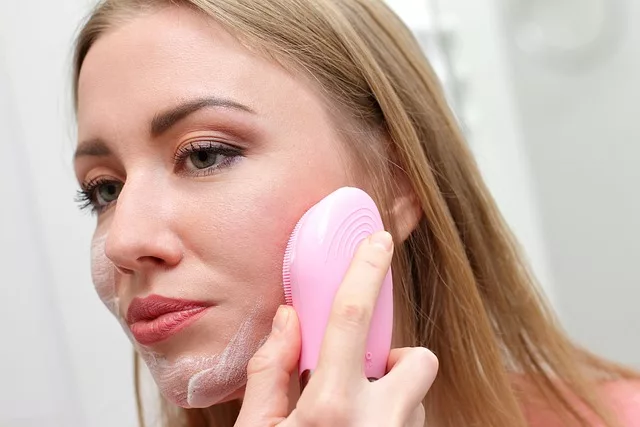
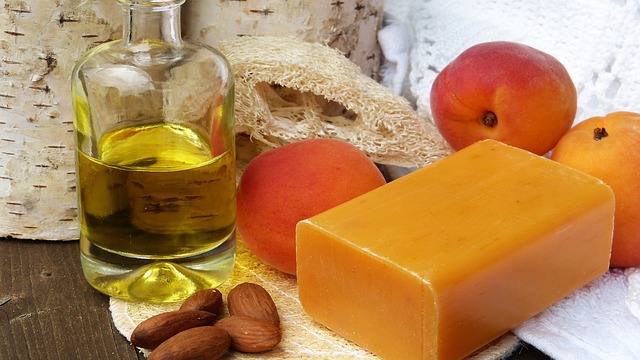
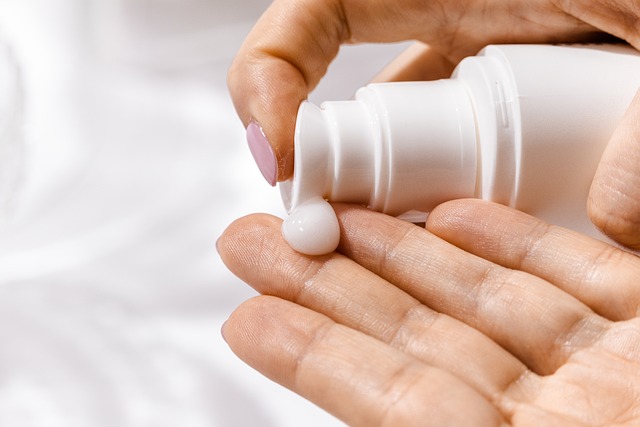
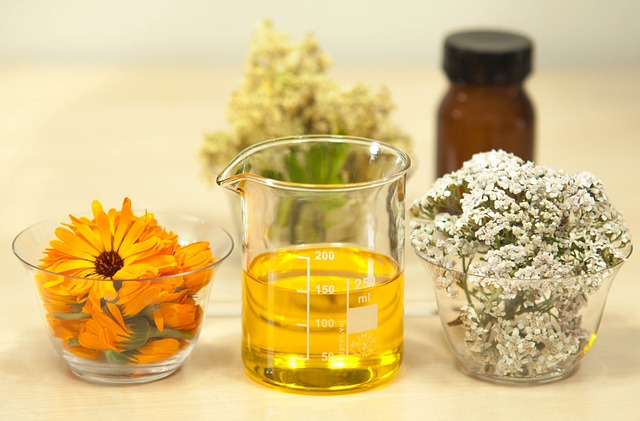

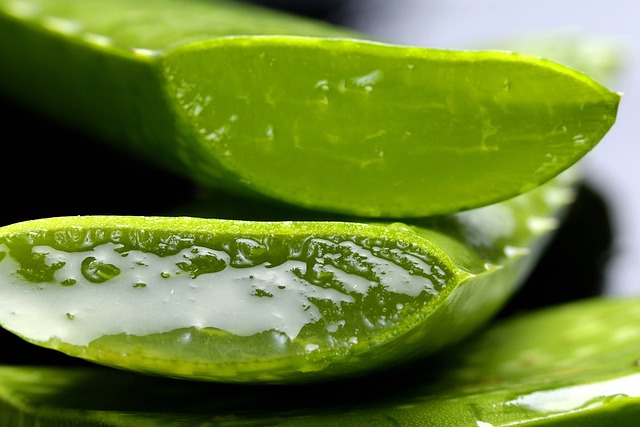

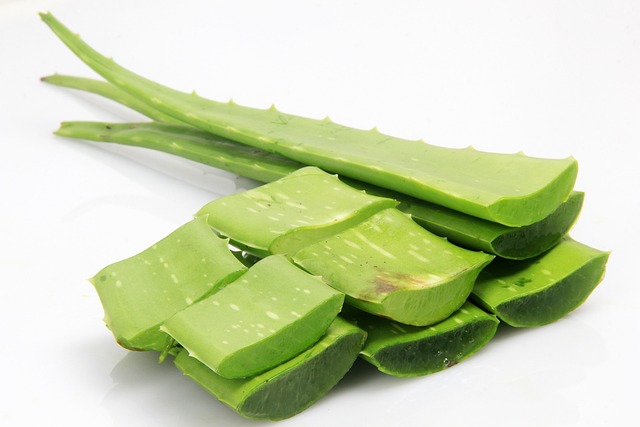
Leave a Reply